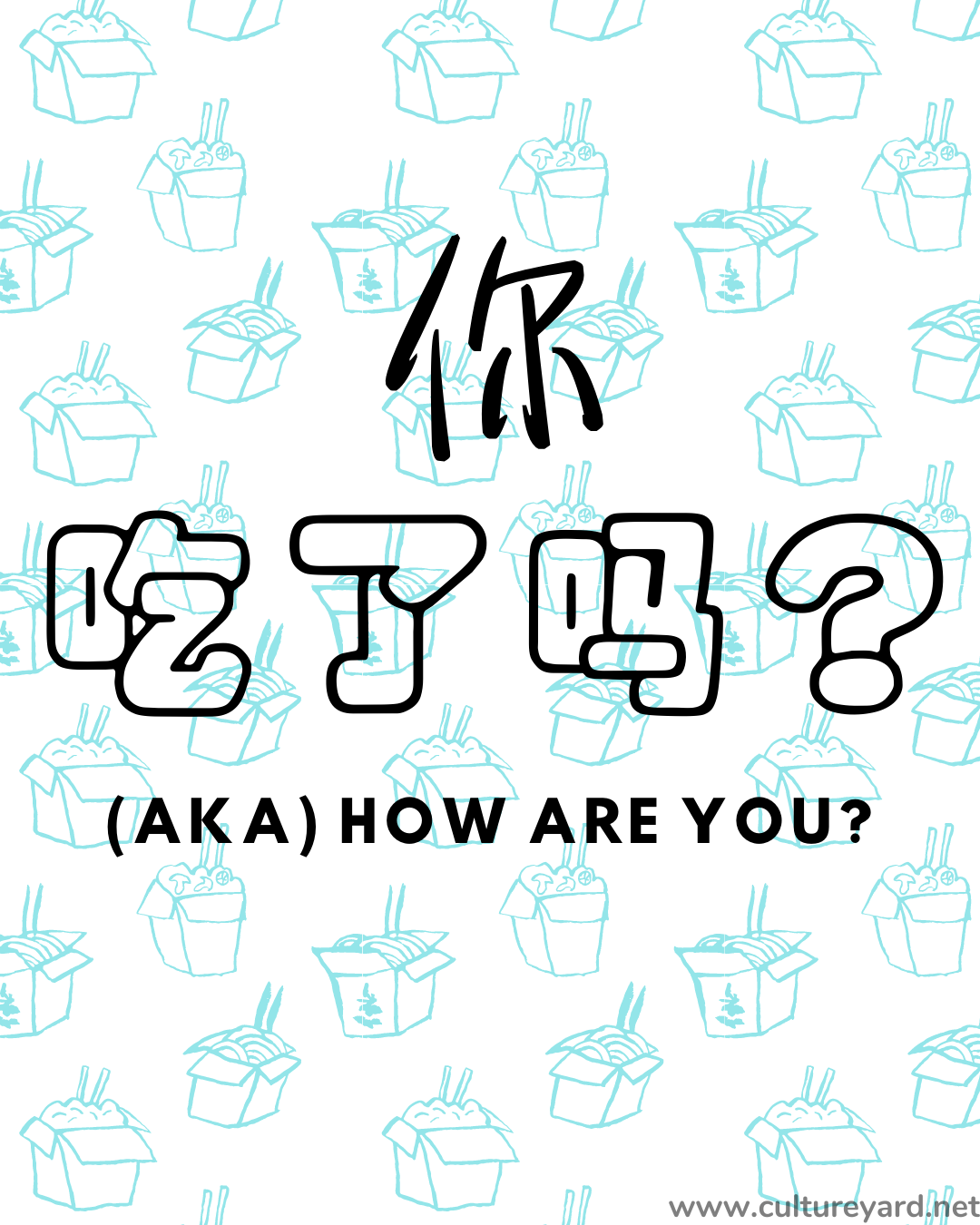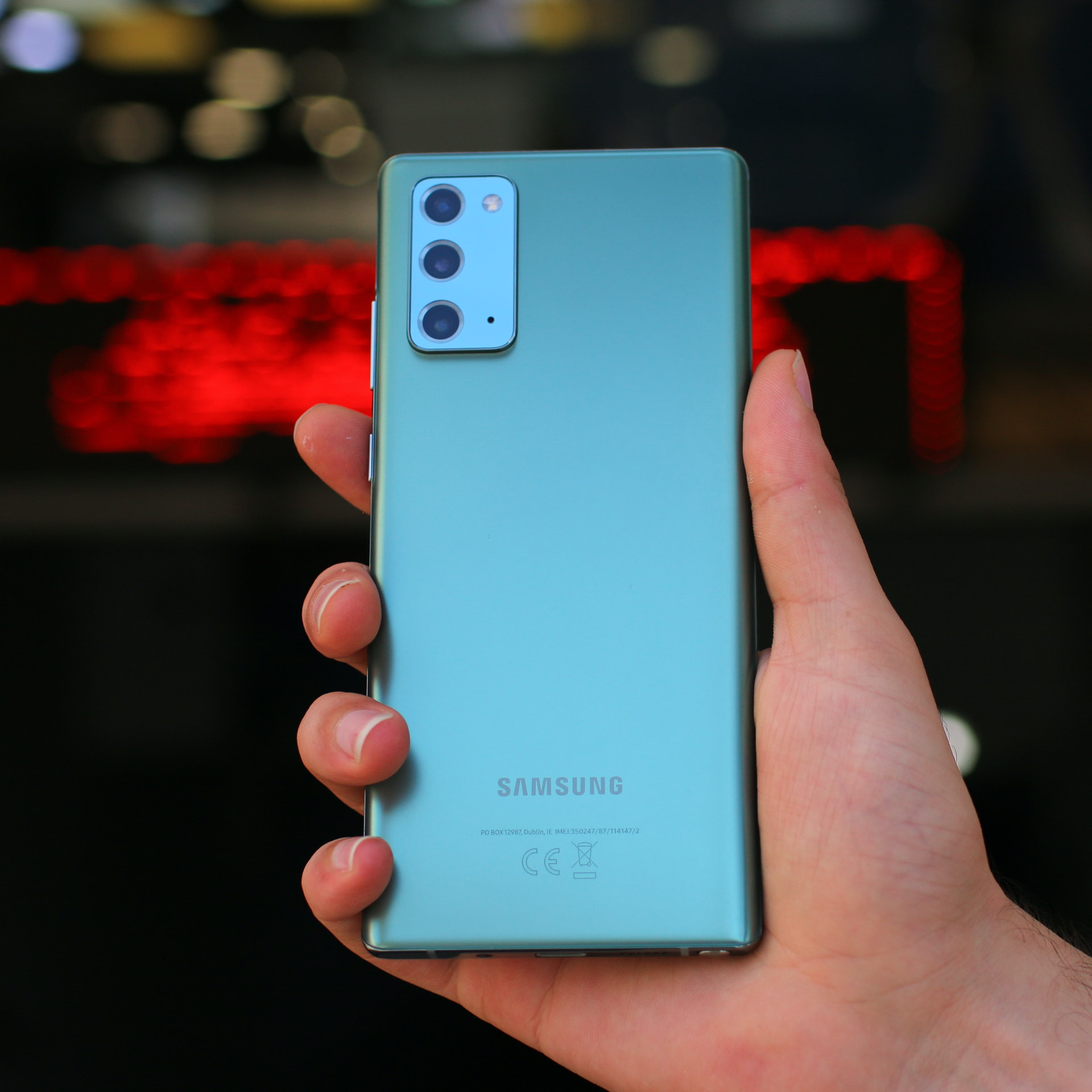How to Say Hello in Chinese
August 19, 2019
If you are new to China, you may be wondering how to get settled and make friends. I’ve got good news for you—unless your life is the plot of a rom com film, most friendships start with a simple “hello”! Learn how to say hello in Chinese and expand your circle:
1. 你好 Nǐ hǎo (Hello)
Classic choice! Literally meaning “you are good”, this is a traditional and neutral greeting appropriate for nearly any occasion.
To be a bit more formal, you can say 您好 nín hǎo instead (您 nín being the formal word for “you”). You can also replace “你 nǐ” with a title.
For example:
老师好。
Lǎoshī hǎo
Hello teacher.
阿姨好。
āyí hǎo
Hello Ayi.
2. 早上好 Zǎoshang hǎo (Good morning)
This can be shortened to simply 早 Zǎo. If you meet someone in the afternoon or evening, you can say 下午好 xiàwǔ hǎo or 晚上好 wǎnshàng hǎo, respectively. Note that unlike 早上好, neither 下午好 nor 晚上好 can be shortened.

3. 你吃饭了吗? Nǐ chīfànle ma? (Have you eaten?)
Like asking “how are you?” in the West, this question expresses concern for the other person's wellbeing.
Manners require your response be that you have eaten, and to return the question:
吃了,你呢?
Chīle, nǐ ne?
I've eaten, and you?

4. 哈喽 Hā lóu (Hello!)
This is borrowed directly from English. (We'll give you two guesses from which word!) Used primarily between friends or good acquaintances, 哈喽 is a more casual greeting.
5. 嗨 Hāi (Hi!)
Like #4, 嗨 is also borrowed from English and is a casual way to greet people.
6. 喂 Wèi ( Hello?)
This form of “hello” is strictly reserved for the telephone. You may also hear people answer the phone with “喂, 你好 Wèi, nǐ hǎo”. Double the greetings, double the fun!

You might also enjoy words for using the phone in Chinese.
Also check out ways to say "thank you" and "you're welcome" in Chinese!
If you want to be a bit more sassy, you might enjoy these ways to say "stupid" in Chinese!
About the Author
Eden has been learning Chinese since 2008. She fell in love with the language, food, and culture and never looked back! Eden lived in China for six years, including in Harbin, Beijing, and Dali.
